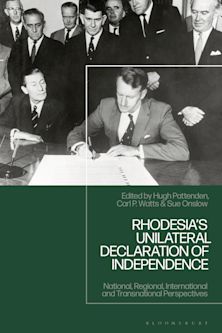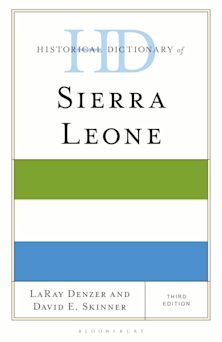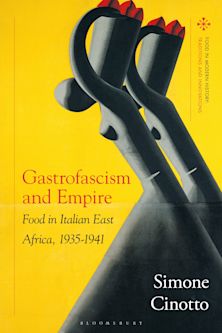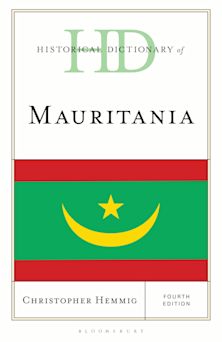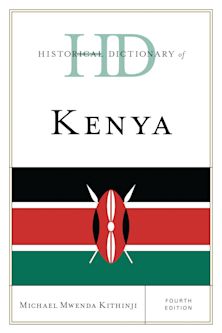Instructional Cinema and African Audiences in Colonial Kenya, 1926–1963
Instructional Cinema and African Audiences in Colonial Kenya, 1926–1963
This product is usually dispatched within 3 days
- Delivery and returns info
-
Free US delivery on orders $35 or over
Description
In Instructional Cinema and African Audiences in Colonial Kenya, 1926–1963, the author argues against the colonial logic instigating that films made for African audiences in Kenya influenced them to embrace certain elements of western civilization but Africans had nothing to offer in return. The author frames this logic as unidirectional approach purporting that Africans were passive recipients of colonial programs. Contrary to this understanding, the author insists that African viewers were active participants in the discourse of cinema in Kenya. Employing unorthodox means to protest mediocre films devoid of basic elements of film production, African spectators forced the colonial government to reconsider the way it produced films. The author frames the reconsideration as bidirectional approach. Instructional cinema first emerged as a tool to “educate” and “modernize” Africans, but it transformed into a contestable space of cultural and political power, a space that both sides appropriated to negotiate power and actualize their abstract ideas.
Table of Contents
Chapter One: Making Instructional Cinema: Historical Overview
Chapter Two: Mobile Cinema Vans and African Assistants
Chapter Three: “A Problem of Something Like Chicago Gangsterdom”: Mau Mau War and Instructional Cinema
Chapter Four: Child Spectators and Cinema Spaces as Zones of Encounter and
Contested Political and Cultural Power
Chapter Five: “They Found Our Pictures Inferior in Quality”: Africans' Reaction
to Instructional Cinema
Conclusion
Bibliography
About the Author
Product details
| Published | Apr 15 2024 |
|---|---|
| Format | Paperback |
| Edition | 1st |
| Extent | 176 |
| ISBN | 9781793649263 |
| Imprint | Lexington Books |
| Illustrations | 11 b/w photos; |
| Dimensions | 9 x 6 inches |
| Publisher | Bloomsbury Publishing |
Reviews

ONLINE RESOURCES
Bloomsbury Collections
This book is available on Bloomsbury Collections where your library has access.












